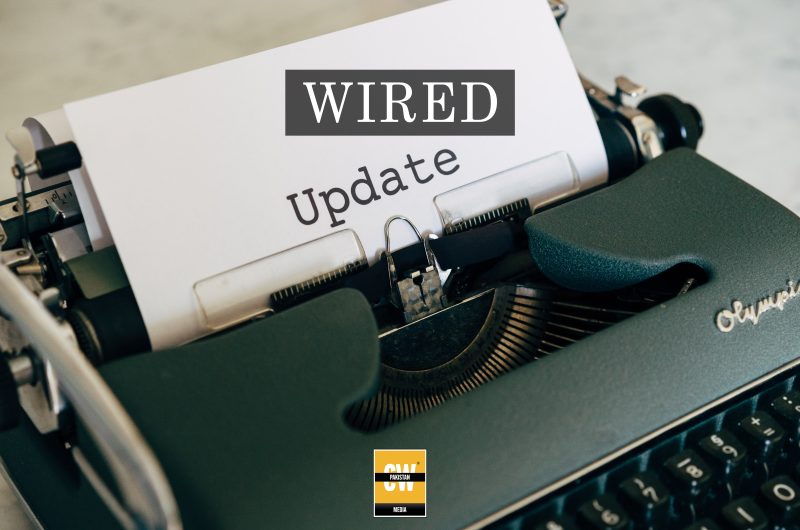NETSOL Technologies, Inc., the country’s largest software firm and a global services and enterprise application solutions provider, has created a 3D rendition of Pakistan, which is a happy occasion for Pakistanis.
The geospatially accurate 3D depiction of the country, powered by WRLD, is the first of its type and is likely to offer up a slew of intriguing options due to its wide range of ramifications.
NETSOL Technologies recently released NXT, a COVID-aware smart workplace solution designed to help employers return to the office safely while also managing their employees more effectively on a worldwide scale.
The 3D version of Pakistan is effectively a “Digital Twin” of the country, and due to its potential for IoT integration, it has the ability to make the entire country “Smart.”
The role of digital twins in fostering digital transformation is crucial. These Digital Twins are able to give real-time actionable information and experience enhancements for many stakeholders by providing geospatially accurate visualisations of cities and a machine-readable layer that interfaces with IoT sensors.
These smart city experiences have the potential to expose numerous IoT datasets such as garbage disposal systems and energy management, allowing relevant departments to automate and streamline their operations in real-time.
Aside from the aforementioned, private enterprises and software developers can leverage this platform to create significant and relevant experiences for tier companies or their own private operations. The tourism industry, for example, will gain greatly from this attempt, as the NETSOL team has constructed and developed some of Pakistan’s most renowned landmarks.
The WRLD platform has allowed NETSOL to quickly create an engaging experience for the country’s citizens. A Fortune 100 company and a major international airport have already used the platform to construct smart building applications.
“One of the biggest problems with IoT is that there is a lot of data but very little insight. “Ninety percent of the data collected is sitting in some dark corner on a cloud or hard drive, unused,” said Faizaan Ghauri, CEO of WRLD.
“What is driving all of this is the sheer volume of gadgets and the sheer amount of connectivity that occurs on an hourly basis. These are all going onto the grid, whether it’s occupancy sensors or motion sensors, energy management systems, gen-sets, location systems, and so on.”“On an hourly basis, hundreds of thousands of devices are joining the ecosystem. Many huge smart city initiatives are gaining traction in Pakistan, the most recent of which was for a large-scale smart city project in Lahore.”
“NETSOL’s 3D map of Pakistan has the potential to not only support all of these efforts, but also to create enormous value by involving everyone in this ecosystem. Everyone can participate in this effort, from huge enterprises to private developers, to make Pakistan the ‘Smartest’ country on the planet,” he added.
This 3D map of Pakistan is supposed to herald in a new wave of technical progress in Pakistan, one that will reach the grassroots and make a difference in some of the country’s most crucial areas.
Source: Propakistani








